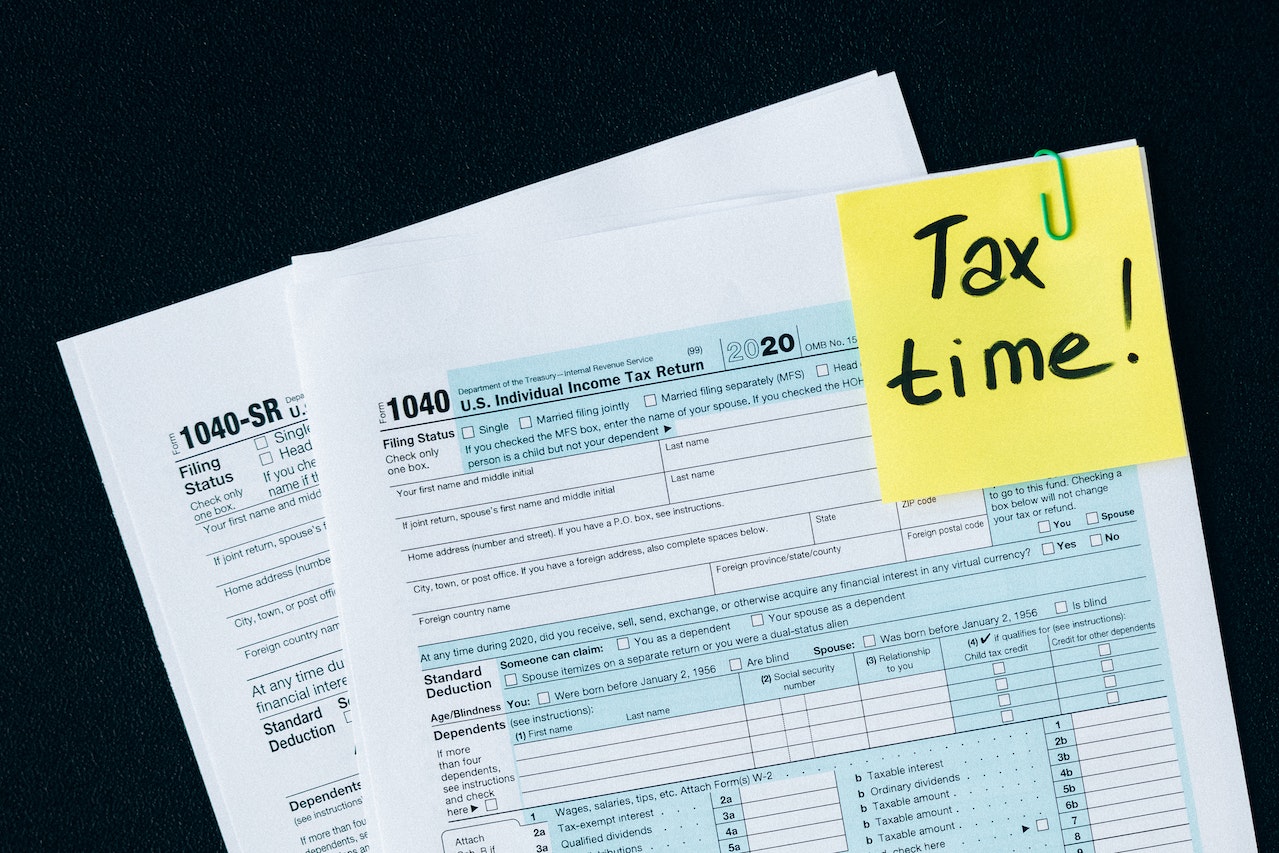The Internal Revenue Service (IRS) has set April 18, 2023, as the deadline for filing federal income tax returns for individuals. This means that taxpayers need to submit their tax returns and pay any tax owed to the IRS by this date. However, if taxpayers cannot meet this deadline, they have the option to file for an extension.

The deadline for filing an extension is also April 18, 2023. The extension provides taxpayers with an additional six months to submit their tax returns, giving them until October 16, 2023, to complete the process. It’s important to note that while an extension gives taxpayers more time to file their tax returns, it does not extend the deadline for paying any taxes owed. Taxpayers must estimate and pay at least 90% of their tax liability by the April 18th deadline to avoid penalties and interest.
#To File For An Extension
To file for an extension, taxpayers must submit Form 4868, which can be done electronically through IRS e-file or by mailing in a paper copy. It’s important to note that filing an extension does not mean that taxpayers can delay their tax payments. If they don’t pay at least 90% of the tax owed by the April 18th deadline, they may be subject to penalties and interest charges.
There are several reasons why taxpayers might need to file for an extension. For example, they may need additional time to gather all the necessary paperwork or to consult with a tax professional. They may also have experienced a major life event, such as a move, a job change, or the birth of a child, which has made it difficult to complete their tax returns on time.
It’s important to note that while an extension can be a helpful tool for taxpayers who need more time to file their tax returns, it should not be used as an excuse to procrastinate or avoid paying taxes. Taxpayers who fail to file their tax returns or pay their taxes on time may be subject to penalties, interest charges, and even legal action.
#In conclusion
The filing and extension deadline for federal income tax returns in the United States for individuals is April 18, 2023. Taxpayers who need more time to complete their tax returns can file for an extension, which gives them an additional six months to file. However, an extension does not extend the deadline for paying any taxes owed, so taxpayers must estimate and pay at least 90% of their tax liability by the April 18th deadline to avoid penalties and interest. While an extension can be a helpful tool for taxpayers who need more time, it should not be used as an excuse to procrastinate or avoid paying taxes.




